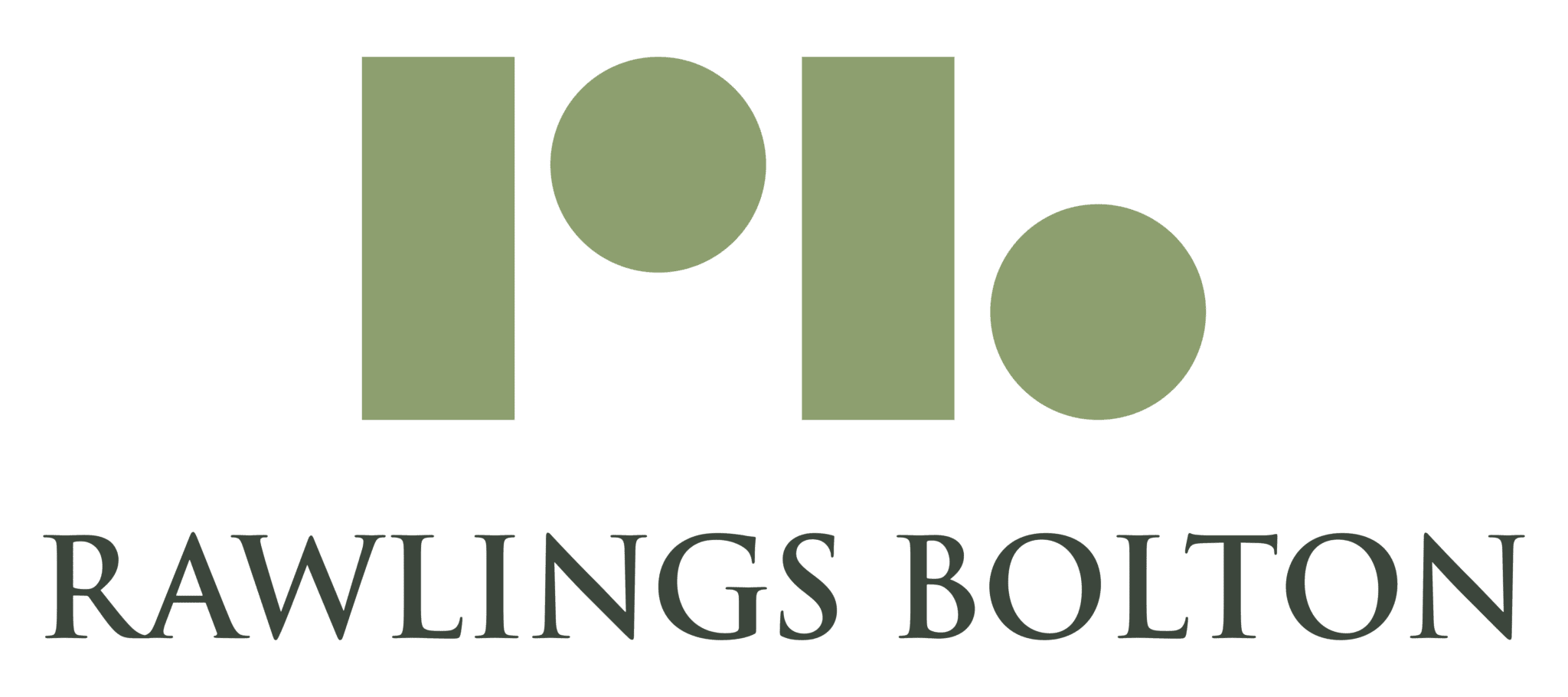Setting up a family office is a transformative journey that requires careful planning, collaboration, and the integration of generational perspectives. While the founding generation may initially overlook or undervalue certain aspects of the process, their invaluable input regarding family values and aspirations is crucial for a successful transition. In this thought leadership piece, we provide you with our insights on a 7-step roadmap for establishing a family office, using the agricultural metaphor of planting seeds, and delve into the complexities that arise from generational differences and the time it takes for core governance arrangements to evolve.
1. Define Objectives and Governance Structure: Planting the Seeds of Vision
Establishing the objectives and governance structure is akin to planting the seeds of a family office. This crucial step sets the foundation for the office, aligning it with the family’s long-term goals and values. Including the founding generation in discussions about family values is essential, as their insights guide the vision for future generations. While they may not immediately appreciate the need for extensive planning and external advisors, their wisdom lays the groundwork for a successful journey. Typically, we capture this in a Family Constitution, a Family Council, with an underpinning Charter.
2. Assess Financial Resources and Requirements: Nurturing Financial Stability
Evaluating financial resources is comparable to nurturing the financial stability of the family office. This ongoing assessment ensures a solid foundation for potential investment opportunities. The complexities that may arise during this process may not be fully appreciated by the founding generation. However, engaging financial experts who can optimize the family’s resources will help ensure the long-term sustainability of the office, nurturing its financial health. They must be able to clearly present complex aggregated consolidated financial information—looking through the myriad of trusts and companies used to accumulate the family wealth over the decades—to enable high-level decision-making by the Family Council and Business Boards/Investment Committees.
3. Establish Legal and Tax Structures: Cultivating a Framework for Success
Establishing legal and tax structures is similar to cultivating a framework for the family office’s success. Just as planting a seed requires attention to soil conditions, selecting the appropriate legal and tax structures requires professional expertise. While the intricacies involved may not be fully grasped by the founding generation, their input ensures these structures align with the family’s values and succession plans, nurturing a solid foundation for the office.
4. Build a Team and Define Roles: Cultivating Competence and Continuity
Assembling a competent team is like cultivating a diverse garden that thrives with skill and dedication. Finding the right professionals who align with the family’s goals and values may take time. The founding generation may not fully grasp the necessity of specialized roles or the benefits of external expertise. However, involving them in defining roles bridges the generational gap, fostering a sense of continuity and ensuring the team nurtures the growth of the family office.
5. Develop Investment and Wealth Management Strategies: Sowing Seeds for Future Success
Developing investment strategies is akin to sowing seeds for future growth and financial success. The founding generation’s attachment to property investments may hinder their appreciation for diversification or alternative asset classes. However, involving them in discussions about risk tolerance, goals, and investment philosophy nurtures a balance between their preferences and the evolving needs of the family and investment landscape, ultimately nurturing the growth of the family office. This is usually best implemented through a formalized Investment Policy.
6. Implement Administrative and Operational Systems: Cultivating Efficiency and Transparency
Implementing efficient administrative and operational systems nurtures the family office’s day-to-day operations, promoting efficiency and transparency. Similar to tending to a garden, establishing these systems requires ongoing attention. The founding generation may not initially recognize the value of technology solutions or compliance frameworks. However, involving them in the process helps them understand the need for streamlined operations, nurturing the office’s growth and adaptation.
7. Establish Family Education and Communication Programs: Cultivating Unity and Shared Vision
Family education and communication programs foster unity, shared values, and informed decision-making among family members. The founding generation’s perspective may undervalue the need for formal education or communication programs. However, involving them in discussions about family values, philanthropy, and legacy planning bridges the gap between generations. This nurturing approach fosters a shared vision and ensures their insights are incorporated into the family office’s framework, promoting growth and understanding. Practically, these initiatives can be delivered through methods such as an annual Family Forum.
Conclusion:
Setting up a family office is a transformative journey that requires nurturing, collaboration, and the integration of generational perspectives. While the founding generation may initially overlook or undervalue certain aspects of the process, their invaluable input regarding family values and aspirations is crucial for a successful transition. By nurturing the growth of the family office, bridging generational perspectives, and incorporating the wisdom of the founders, the office can flourish and adapt to the evolving needs of future generations, ensuring a lasting legacy. We call this Good Capital and welcome the opportunity to help you protect and grow yours.


